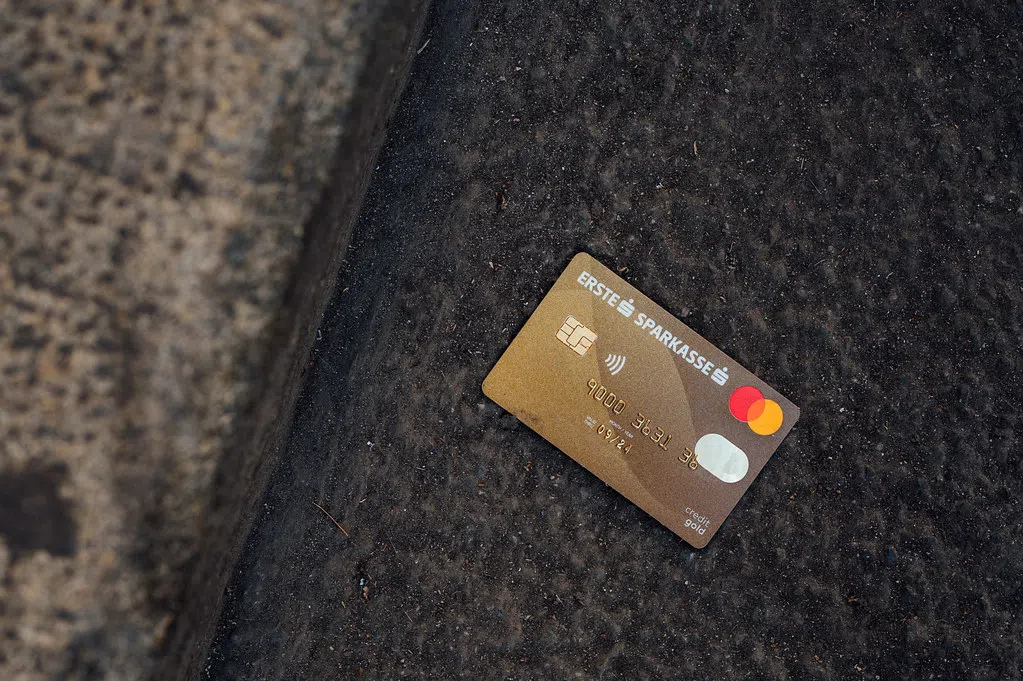
Ivan Radic / CC
By: Mary Steurer
WATFORD CITY, N.D. (North Dakota Monitor) – A North Dakota truck stop wants a federal judge to find that the Federal Reserve Board violated the law by neglecting to crack down on mushrooming debit card transaction fees.
The fees — which apply every time someone swipes their debit card — are meant to reimburse banks for the cost of processing transactions. But for years, banks increased these fees to an extent that far exceeded those costs.
Congress decided to pass a law reining in banks after it learned that they were making billions off of the fees annually. The law — commonly referred to as the Durbin Amendment after U.S. Sen. Dick Durbin, D-Ill. — was adopted in 2010 as part of a package of consumer protection reforms that followed the 2008 financial crisis.
The statute instructs the Board of Governors of the Federal Reserve System to regulate the fees in a way that is “reasonable and proportional” to the cost of processing debit card purchases.
The Corner Post — a truck stop and convenience store near Watford City — says the regulation adopted by the board did not make good on this directive. Its lawsuit, filed in 2021, accuses the board of twisting the law in a way that allows banks to continue to enrich themselves off the transaction fees.
Meanwhile, Corner Post says it still has to shoulder unreasonably high costs related to debit cards. It claims it paid hundreds of thousands of dollars in transaction fees between 2018 and 2021.
“Congress’ demand to this day still stands unfilled,” Tyler Green, an attorney representing the truck stop, said in a Wednesday hearing in federal court in Bismarck.
Corner Post wants a federal judge to declare the rule unlawful and have the Board of Governors rewrite it. The truck stop hopes that a new regulation would leave small business owners with more money in their pockets.
The Board of Governors says it faithfully interpreted the law and has successfully brought the transaction fees down. Attorneys for the board argue that Corner Post is calling for the fees to be regulated far more aggressively than the law permits.
“The board’s already cut, through its rule, the fees by half,” said Joshua Chadwick, an attorney representing the Board of Governors.
Both parties during the hearing asked U.S. District Court Judge Dan Traynor to decide the case in their favor. Traynor could choose to grant either party’s request or decide that elements of the case should go to trial.
According to Corner Post, Congress wanted to minimize the fees as much as possible to make them comparable to the cost-free way paper checks are processed. But data collected and published by the board indicates that banks still make large profit margins off of the fees, Green said.
The Board of Governors’ rule allows banks to charge up to 21 cents for all debit card transactions, regardless of how much it actually costs for them to process each sale. It also permits banks to charge an additional fee of .05% per transaction to make up for losses caused by debit card fraud. The rule only applies to banks with at least $10 billion in assets.
Corner Post says this structure misinterprets the Durbin Amendment. Congress wanted the board to create a fee structure that isn’t one-size-fits-all, but individualized for each debit card transaction and each bank, Green said.
The truck stop also argues that the fees created by the board compensate banks for more things than they’re supposed to — including technology infrastructure, fraud prevention and other costs. These fall outside the scope of what the Durbin Amendment envisioned the fees to cover, Green said.
Chadwick countered that Congress gave the board broad discretion over how to write the rule. He also said that, given how complex debit card transactions are, there’s no way to write a regulation in the targeted way Corner Post is proposing.
Judson Littleton — an attorney representing the Bank Policy Institute and Clearing House Association — said the fees should be higher.
Congress meant for the fees to cover both the cost of the transaction and to allow the banks to have a rate of return, said Littleton, who participated in the hearing as a third party. He said many banks lose money on debit card transactions.
“Why would Congress want to regulate it in such a way that the cost of each transaction resulted in a profit for the bank?” Traynor asked.
Traynor said that these costs are still being transferred to businesses and consumers.
“At the end of the day, we’re here because those fees are coming out of Corner Post’s pocket,” he said.
Traynor said he would take the matter under advisement.
Supreme Court case
The U.S. Supreme Court weighed in on the Corner Post lawsuit last year.
The case was originally filed in 2021 by two professional associations: the North Dakota Retail Association and the North Dakota Petroleum Marketers Association. Corner Post — a member of both groups — later joined as a plaintiff.
Traynor in 2022 dismissed the case, finding that the three plaintiffs didn’t have standing to bring the lawsuit because there’s a six-year statute of limitations on challenging a federal rule under the Administrative Procedures Act. The rule was adopted back in 2011.
The 8th Circuit Court of Appeals upheld that ruling, but the Supreme Court in 2024 found that the clock on the statute of limitations does not start ticking until a plaintiff is first harmed by a rule. The high court decided that Corner Post had standing to bring the lawsuit because it didn’t open until 2018, and sent the case back to continue on the district court level.













Comments